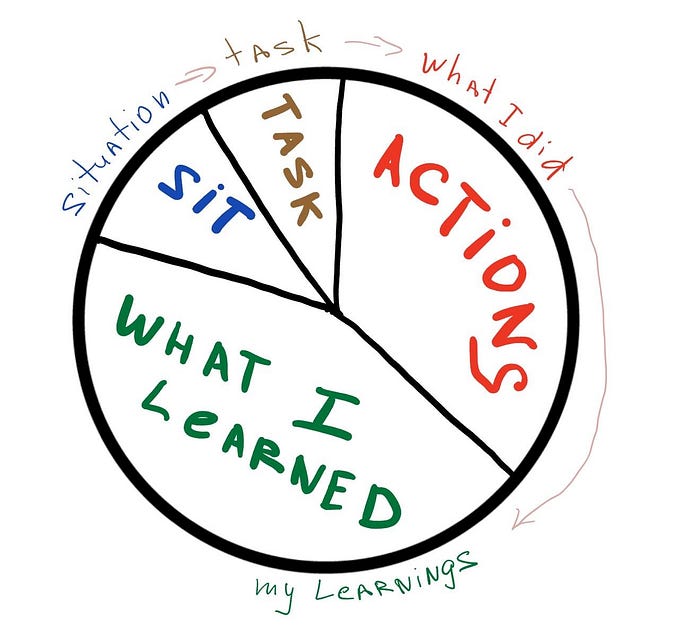3 Great Reasons to Abandon a Hero Culture

We have all lived through it. The daily 11 am crisis. That time when the company has a meltdown, in the middle of the day.
It could be dealing with a crisis in production, a challenging account or client. The crisis comes as curve ball hits, from nowhere. It causes everyone to scramble.
Then the call goes up, “Abandon lunch. All hands on deck. We must solve this”. Until the storm breaks, no one leaves.
However, for some companies, the 11 am crisis becomes an addiction. It becomes the defining moment. The source of their identity, a manifestation of leadership and the cultural norm. In such “hero cult” organizations, people are praised, lionized and promoted on their ability to resolve the daily crisis.
While every company needs leaders, who solve problems, “hero cults” are a signal of profound weakness, not strength. A daily disaster is a sign of dysfunction, not a company’s greatness. Here are three reasons why?
1. Engrained Passivity
Despite the frantic action, the daily crisis depends on a few to bring order to the chaos. This dependency far from empowering an organization often rots motivation and willing to act without approval.
As a result, heroic leadership cultures reinforces hierarchy. As staff gets used to the fact that the “savior” leader will always swoop down and resolve the issue.
A climate of passivity can prevail, where “underlings” delegate every decision, problem and issue upwards to the “great ones” to solve.
For the “heroes,” the daily crisis is all defining. It gives them a sense of power, purpose, and validation. However, general listlessness below them is a symbol that they might be part of the wider problem.
2. Heroes do not learn…they enjoy the podium
All business have challenges. You have to mend the burst pipe.
However, hero cultures thrive on the daily crisis. The leaders become addicted excitement of daily disruption, without ever questioning why each day is the same.
The long-term impact on the company is that plans and productivity slip. Hours (even days a week) are wasted dealing with the latest all-consuming problem.
In contrast, exceptional teams do something different, they reflect and learn from each crisis. A crisis is seen not as an opportunity to demonstrate herculean efforts but as a distraction from building a successful business.
Successful firms faced with the unexpected seeks out and investigate the cause. They ask what (actually) went wrong here? Not apportion blame but to learn and improve.
Looking at the team, they ask shone through the mire and helped resolve the problem? How can we “bottle” their approach, codify it and roll it out to your entire organization?
3. Quality is the Enemy of Chaos
Quality is not the stuff of heroes. Quality is a consistently applied process that adds the greatest value. Companies grounded in quality know that daily crises are the hallmarks of improvisation.
Quality is a production line that always creates a faultless product. It is the airline with an impeccable record for safety and service. It might be food manufacturer that makes a clean, safe and consistent gourmet salad every time. It is the insurance company that provides seamless and constant service at the high bar it has set for itself.
The key throughout is that quality is consistency with the standards you have set yourself. In contrast, a hero culture thrives on decisions made at the moment. Long-term impacts and disruption to the business are low down on their priorities. Getting through the day is their task.
Companies with a culture based on quality are resilient because each crisis is turned in learning so that next time this becomes a speed bump, not a roadblock. The problem is absorbed into the quality mindset where each event is a new variable to be mastered.
Thank you for reading my post. If you liked this article, please: like, share or recommend.
I regularly write about innovation, leadership, and change as well as inspiring greatness. If you would like to read my regular posts, then please click ‘Follow’ and feel free to also connect via Twitter, Facebook, and Linkedin.
If you like this article, three other ones to read are:

About the Author
Simon Trevarthen is Founder and Chief Inspiration Officer of Elevate Your Greatness (EYG). EYG helps individuals, teams, and organizations unpack the secrets of success by becoming even better versions of themselves through dynamic keynotes, seminars, and workshops on innovation, inspiration and presentation excellence.
Learn more about Elevate Your Greatness see www.elevateyourgreatness.com
Follow EYG on Twitter: @Simon Trevarthen
©Elevate Your Greatness







